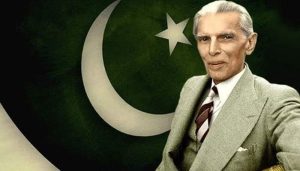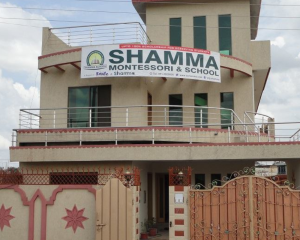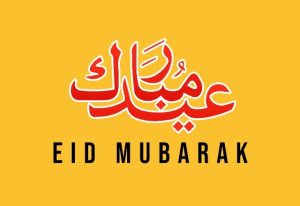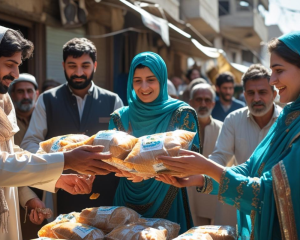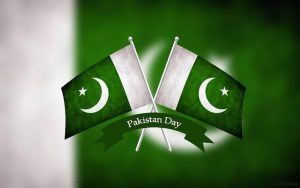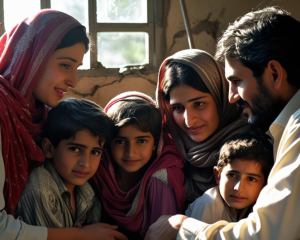Author: Shamma
-
Read more: Ramadan Food Packages 2022
Just two days before Ramadan began, we launched our food package campaign—and we’ve already reached 78 families! Each family was carefully selected and received a Shamma voucher to shop for essential groceries at a local store. With inflation soaring, a contribution of 10,000 PKR (around €50*) offers a small but meaningful relief, helping families observe…
-
Read more: 78 Families and Counting
Just two days before Ramadan began, we launched our food package campaign—and we’ve already reached 78 families! Each family was carefully selected and received a Shamma voucher to shop for essential groceries at a local store. With inflation soaring, a contribution of 10,000 PKR (around €50*) offers a small but meaningful relief, helping families observe…
-
Read more: Wheels of Hope
Remember the fundraiser for a rickshaw during Ramadan? Last year, as part of our Microfinancing project, we helped a family facing financial hardship due to the pandemic. With your support, they bought a rickshaw. Now, one year later — they’re doing well, elhamdulillah. This week, they repaid the first installment of the loan (50,000 PKR).…
-
Read more: A New Home for Knowledge and Growth
Alhamdulillah, we are so grateful and joyful for our new building. The interior is nearly complete, and we are currently working hard to set up a library. We’re looking for books for both children and adults. Who knows—this may grow into a large library accessible to everyone… Allah knows best. One sister has already reached…
-
Read more: Shamma School Has Moved
Bismillah Alhamdulillah, we’re excited to share some joyful news—Shamma School has moved! We’ve relocated to a more spacious building where we can now house all classes under one roof and offer additional facilities like a library, activity room, and outdoor play area. We are truly grateful for this development, alhamdulillah. On the first official day,…

